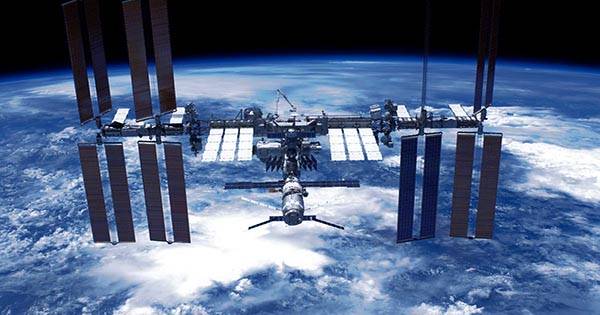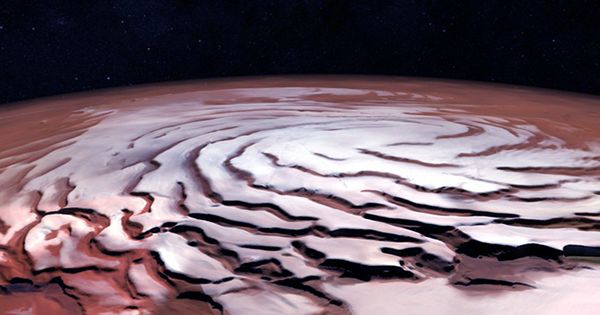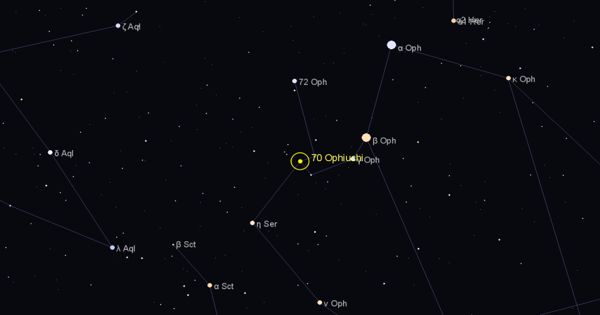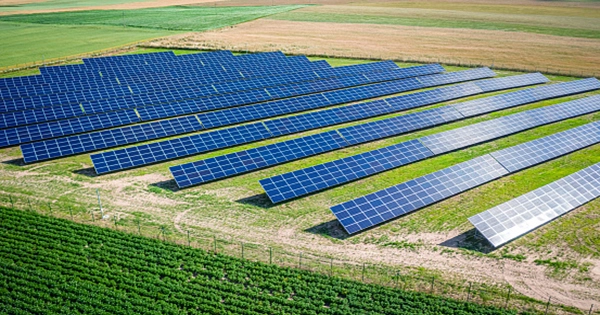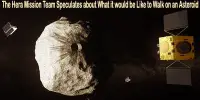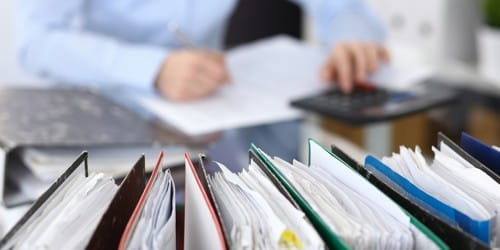Last week, the world rolled an eye when a module Docking-awry sent a new Russian module to the International Space Station (ISS) after accidentally expelling its thrusters. While this may seem dramatic, NASA announced that the uncontrolled spin changed the height of the ISS by only 45 degrees, before it corrected and returned to normal. Well, NASA has now admitted that it wasn’t too small – when the ISS spun 45 degrees, it was partly through the whole test. The ISS is actually a huge 540 degrees, or a full rotation and a half.
Before you imagine a quick spin where scientific equipment is thrown across the station and Sandra Bullock rockets are connected by a single tether around the outside, the space is not exactly that. In fact, the spin was so slow (only 0.56 degrees per second) that the astronauts and astronauts on board could not feel anything. Still, the incident was a huge mistake and all hands on deck were needed to secure the station. The solar arrays were stored and locked, the radiators were locked, and the crew worked to prevent spin using the thrusters available around the ISS. After the existing thrusters were not enough to rearrange the space station, the crew used the thrusters of a docked Russian cargo ship and added enough power.
The ISS ends up flipping 180 degrees to return to the planned orientation. The incident happened when Russia’s new module Nauka successfully docked with ISS, but three hours later it malfunctioned and activated its thrusters. Ground sensors identified the problem and the entire station was lined up for 47 minutes before alerting the ground team. “And so at first I was like, ‘Oh, is that a false hint?’
“And then I looked at the video monitor and saw all the ice and thruster shots. It’s not fun, a real event. So let’s get to that. You say, ‘Oh, geez, what now?’ Since Nauka is the first new ISS module for a decade, it was a shame to see the technical difficulties go the way of an otherwise incredible feat. However, after correcting himself and correcting the error, all the astronauts were absolutely fine and the ISS resumed normal operations.
